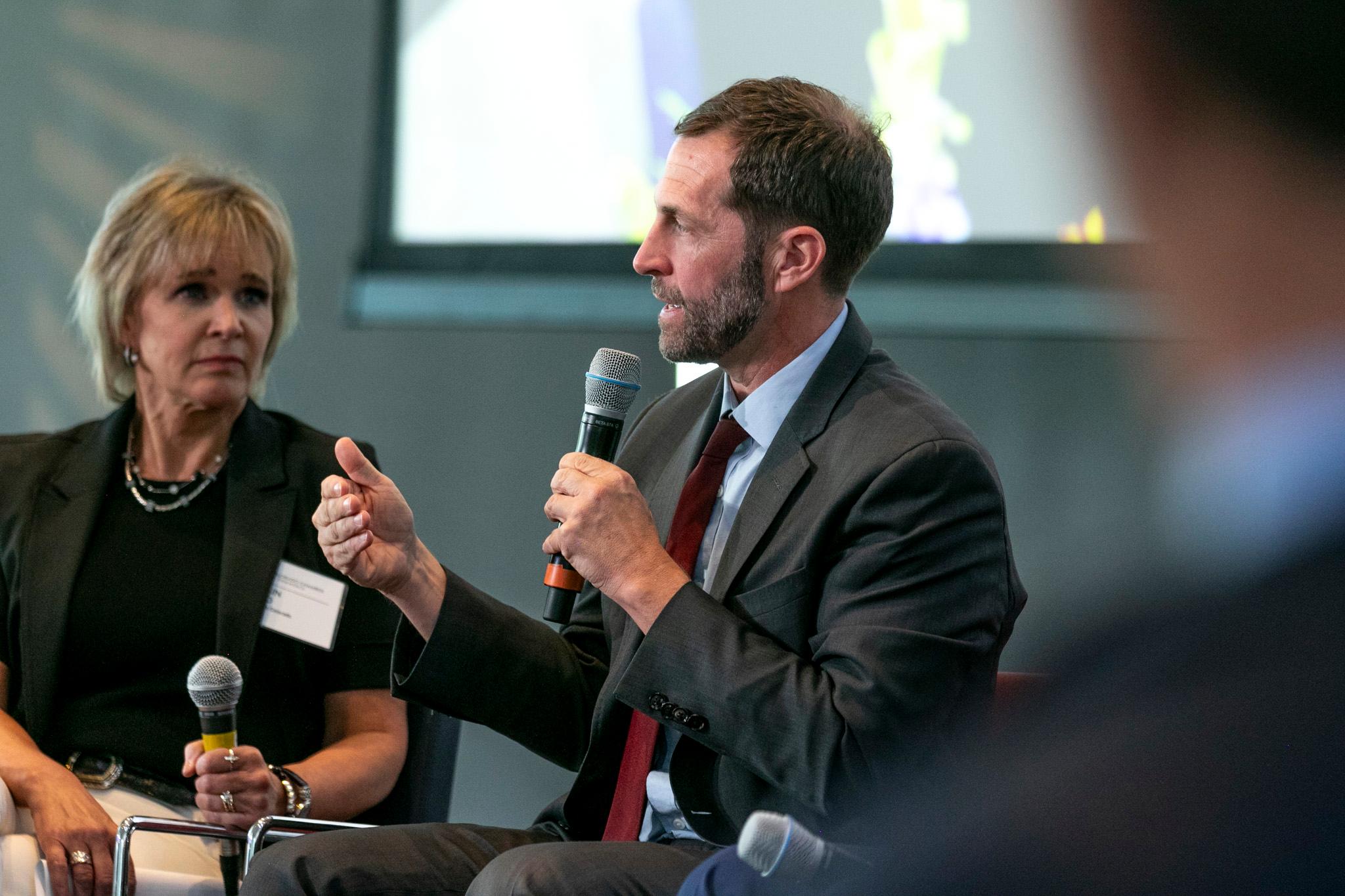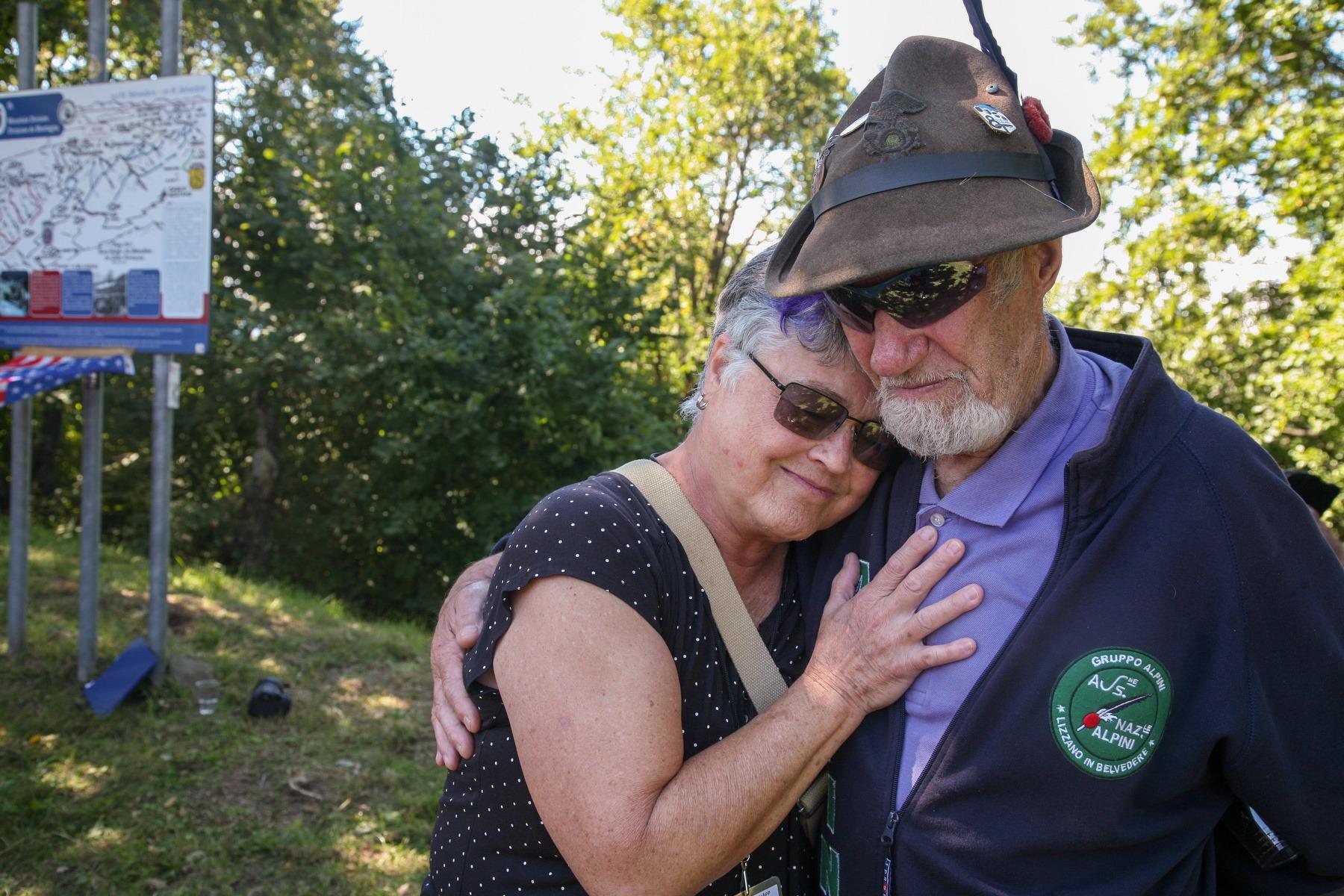
This story was produced as part of the Colorado Capitol News Alliance. It first appeared in The Unaffiliated, The Colorado Sun’s politics and policy newsletter.
The Colorado legislature, as part of its efforts to close a budget hole of more than $1 billion, is planning to axe a nearly two-decade program that enlists teenagers from across the state to help draft and offer input on bills.
Shutting down the Colorado Youth Advisory Council would save about $50,000 a year. That’s a relatively paltry amount, but it's meant to send a message that costs must be trimmed wherever possible.
The cut foreshadows the big, and often painful, line-item reductions the legislature will have to make in the coming weeks.
Sidd Nareddi, who served on COYAC from 2022 to 2024 while he was in high school, said he was heartbroken to hear the program may be discontinued. Now a first-year student at Brown University, Nareddi said being a member of COYAC was one of the most formative experiences of his high school years.
“It really was a personal development program for me,” he said. “It’s a very empowering process.”
The Colorado Youth Advisory Council was created in 2008 and is composed of 40 junior high and high school students representing each of the state’s 35 Senate districts, as well as the Ute Mountain Ute and Southern Ute tribes. Teens serve two-year terms on the council. The panel is currently supposed to continue through at least 2028.
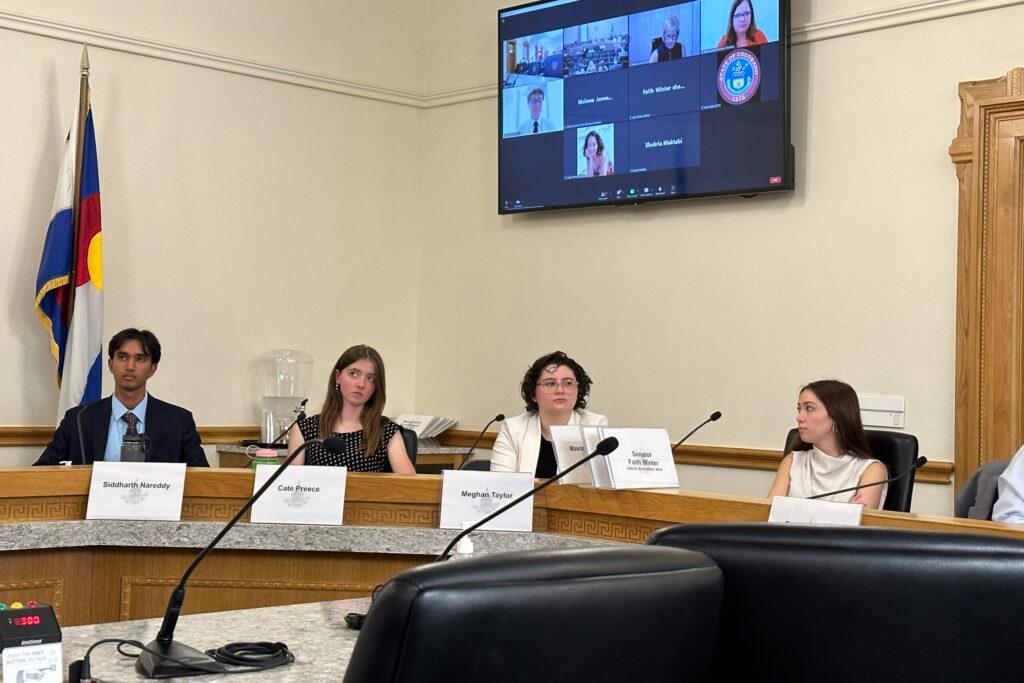
In recent years, the panel — known as COYAC — has drafted legislation to require school staff to address students by their chosen name, boost mental health resources in schools, reduce food waste in public schools and get young people involved in environmental justice.
“That would be a huge mistake,” Sen. Faith Winter, a Broomfield Democrat and a legislative liaison to the council, said of ending the program. “We know that the budget is difficult and we are willing to work with COYAC next year for a very reduced budget outside of having an interim committee.”
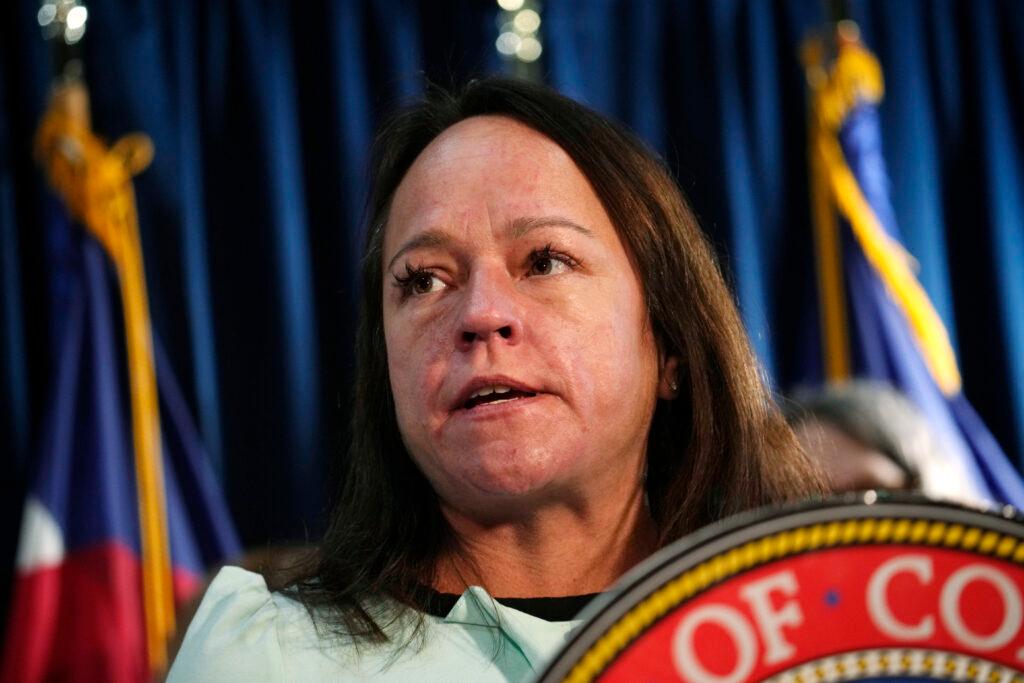
Sarah Moss, who directs the program, made an impassioned plea to the Executive Committee of the Legislative Council, which is making the decision to disband the program, to keep the initiative alive.
“I love this program and love these students,” she said. “Being their nonpartisan staffer and teaching them the process and government 101 — and ‘Here’s how you make a phone call to a stranger who’s a grown-up’ — has been one of the greatest joys of my professional career. We would very much love for this program to continue in full.”
Moss suggested paring back the council to make it remote-only. That could cut out the legislature’s costs of getting council members to and from the Capitol and putting them up in hotels.
“We would really love to see some kind of opportunity for them to present (to lawmakers), even if it's just a teleconference,” she said.
The Executive Committee of the Legislative Council appears resigned to shutting down the program. A bill ending COYAC will have to be drafted and debated before the full legislature before the council is shut down, but the executive committee on Friday preemptively slashed its funding.
Lawmakers plan to spend just $5,000 on the program next fiscal year, which begins July 1, to ensure students currently on the council can finish their work.
“As a lifelong educator, I believe in doing things for our youth and giving them these opportunities,” House Speaker Julie McCluskie, a Dillon Democrat, said this week during an executive committee meeting. “This is tough.”
In an interview with The Colorado Sun, McCluskie said she hopes COYAC could be brought back after a year. But the legislature’s budget problems are only expected to get worse.
The legislative branch plans to cut its budget by 5%, or more than $4 million next year. Suspending as many as a dozen interim committees like the Colorado Youth Advisory Council is part of that effort.
The executive committee is made up of the six top party leaders in the legislature, four Democrats and two Republicans. Both Republicans suggested it was time for the council to go away, regardless of cost.
“With all due respect to students, there are plenty of people who come here and take days to testify and make their voices heard that don’t get (their expenses covered),” House Minority Leader Rose Pugliese, R-Colorado Springs, told the executive committee.
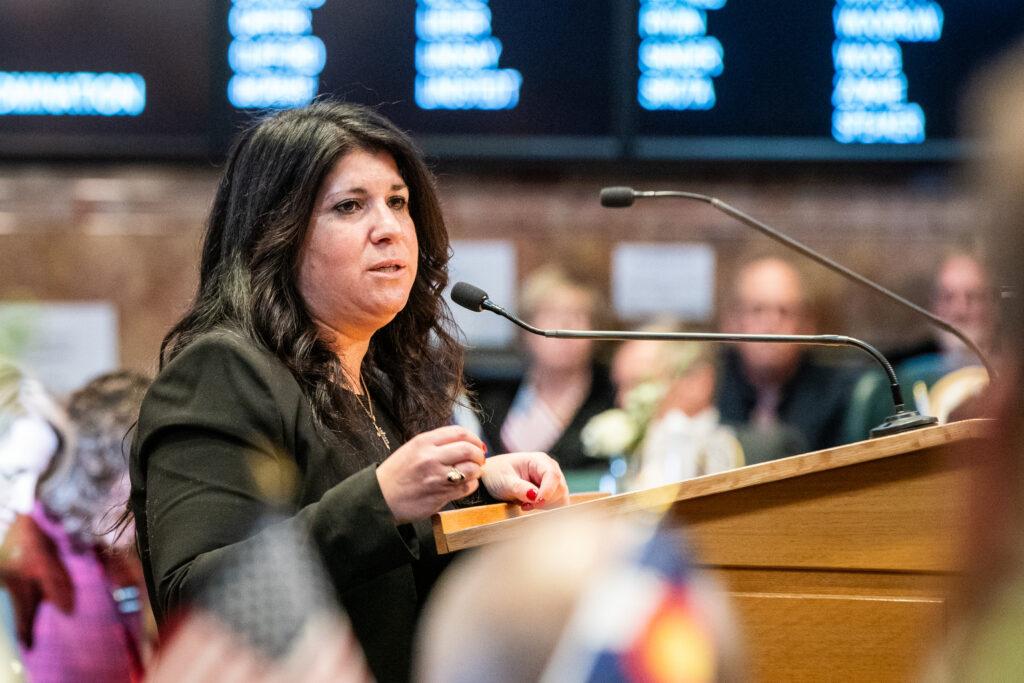
Senate Minority Leader Paul Lundeen, R-Monument, told The Sun the council has become too progressive. Given that it effectively has the power to introduce bills in the legislature, he feels that advantage is unfair.
“As a matter of policy, I’m not supportive of continuing with funding,” he said during the executive committee meeting.
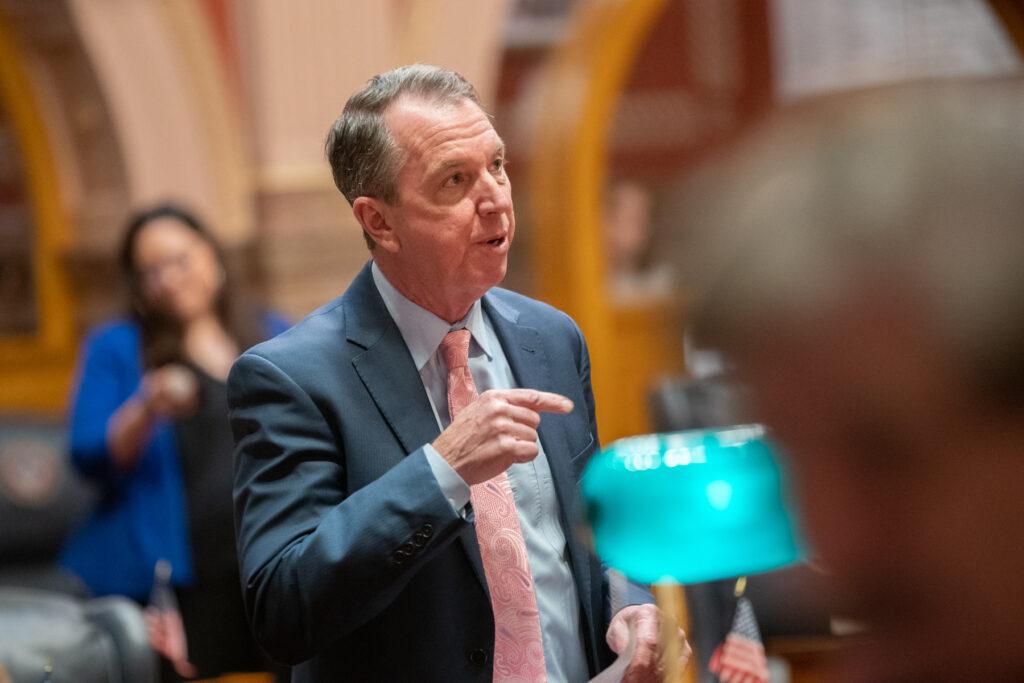
Winter pointed out that COYAC was founded through legislation brought by a Republican, then-state Sen. Ellen Roberts of Durango, and that it has long been a bipartisan initiative. The panel that reviews COYAC’s work is named after the late House Minority Leader Hugh McKean, another Republican.
Winter defended the legislation the council has advanced in recent years as being representative of the Democratic-lean of the state.
“There is one youth member per Senate district,” she said. “If you look at the makeup of the Senate, it makes sense that COYAC is composed similarly.”
Current and former members of the council said they plan to encourage lawmakers not to shut COYAC down.
“COYAC is one of the best things I've ever done,” said Livi Christiansen, who served on the council from 2020 to 2022 when she was a junior and senior at Poudre High School in Fort Collins. “It absolutely changed my life. I wish that every kid got to do it.”
Christiansen, who at just 19 is in her first year of law school in California, said the legislature could choose to slash funding for prison beds instead of shutting down COYAC.
“They can find the money,” she said. “They could be making a different choice.”
The $50,000 appropriated annually to the council pays for an overnight retreat, annual visit to the Capitol, send-off dinner for high school seniors, committee meetings with legislators and for a professional facilitator to run the program.
The Colorado legislature is expected to set the state budget in March.
This story was produced by the Capitol News Alliance, a collaboration between KUNC News, Colorado Public Radio, Rocky Mountain PBS, and The Colorado Sun, and shared with Rocky Mountain Community Radio and other news organizations across the state. Funding for the Alliance is provided in part by the Corporation for Public Broadcasting.



